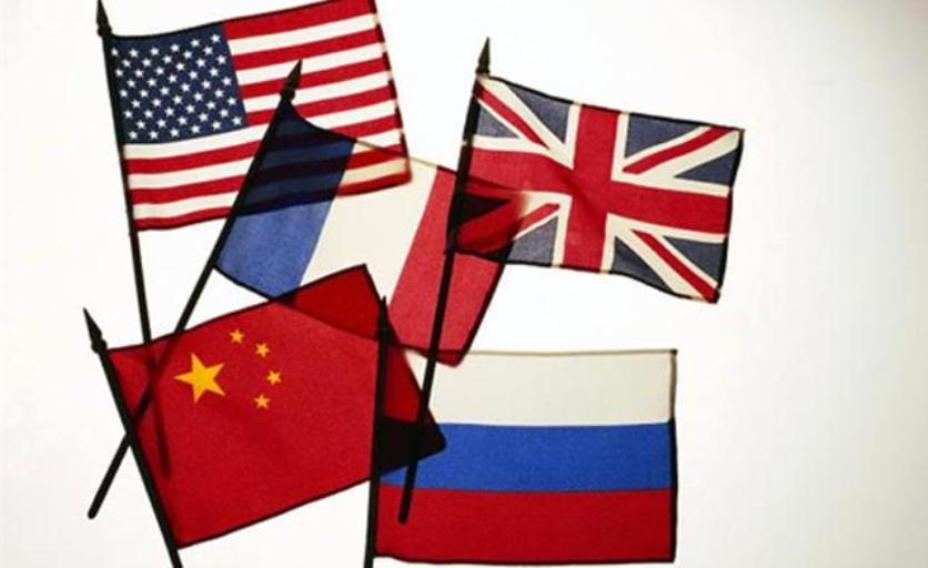
Ashgabat, 22 September 2015 — The blocking of the United Nations Security Council in case of mass atrocities is unacceptable. It is a question of humanity and of defense of the principles that are at the heart of the United Nations Charter. It is also a determinant question for the maintenance of peace and international security as impunity, radicalization, and terrorism find a fertile ground when the international community is paralyzed.
In order to overcome this blocking, France has proposed – through the French President, M. François Hollande, before the 68th General Assembly of the United Nations in 2013, and the Minister of Foreign Affairs, M. Laurent Fabius – the suspension of veto in case of mass atrocities through an informal, voluntary and collective agreement by the five permanent members of the Security Council.
We have engaged in-depth discussions on the parameters of this suspension of the veto with our partners, permanent members of the Security Council as well as other members of the United Nations and representatives from the international civil society. The Minister of Foreign Affairs has appointed his predecessor, M. Hubert Védrine, for a high-level mission in order to engage the dialogue with our partners.
We propose that the suspension of the veto would apply in order to prevent or end mass atrocities, that is crimes of genocide, crimes against humanity and war crimes on a large scale. We have been reflecting on several options to activate the suspension of the veto and objectivize the situation. This could involve the Secretary-general of the United Nations, a consultation of the United Nations High Commissioner for Human Rights and the Special Advisers of the Secretary-General on the Prevention of genocide and on the Responsibility to protect, and an initial request by a certain number of Member-States, for example 50, representing the diversity of the United Nations.
We also envisage an exemption in case a permanent member is of the opinion that its vital interests are affected. This exclusion is meant to reassure the permanent members attached to the balance reached when the United Nations were created. Without that, no agreement could be attained. Even, the High Level Panel recommended such an exemption in its 2004 report on UN reform. Still, in case the veto would be used, a public vote explanation would be required including a proposal for an alternative and credible course of action.
France welcomes the large attention given to its initiative and the numerous expressions of support received from members of the United Nations and among the international civil society. We will actively pursue our discussions with the other permanent members in order to make progress. We believe that the 70th anniversary of the United Nations next September will be a unique opportunity to gather international support around our initiative.
We do not underestimate the difficulties or second-thoughts. Yet, our conviction is that the veto is neither a right, nor a privilege. It entails duties and a particular responsibility. The negotiation will be long, as we expected, but our commitment to succeed and prevent mass atrocities cannot be questioned.
[Press release of French Embassy in Ashgabat]